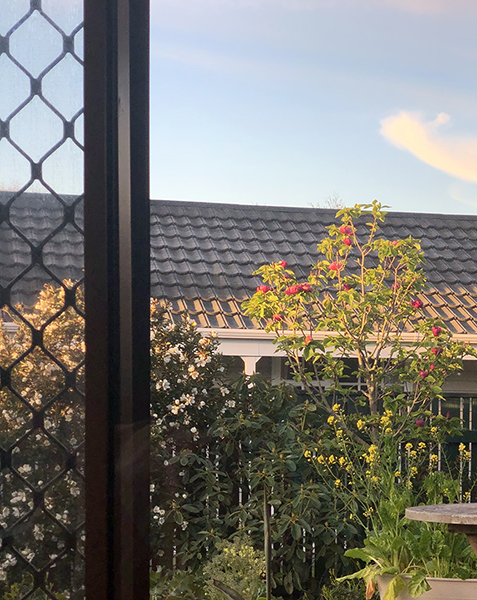
Notes on Poetry
I’ve never been a poetry reader. I put this down to being dyslexic so poetry at high-school was beyond me. Now I think that this

I’ve never been a poetry reader. I put this down to being dyslexic so poetry at high-school was beyond me. Now I think that this

I’m continuing on my Garden Log – taking an image each day on a point-and-shoot camera. I like the resulting images when the camera decides
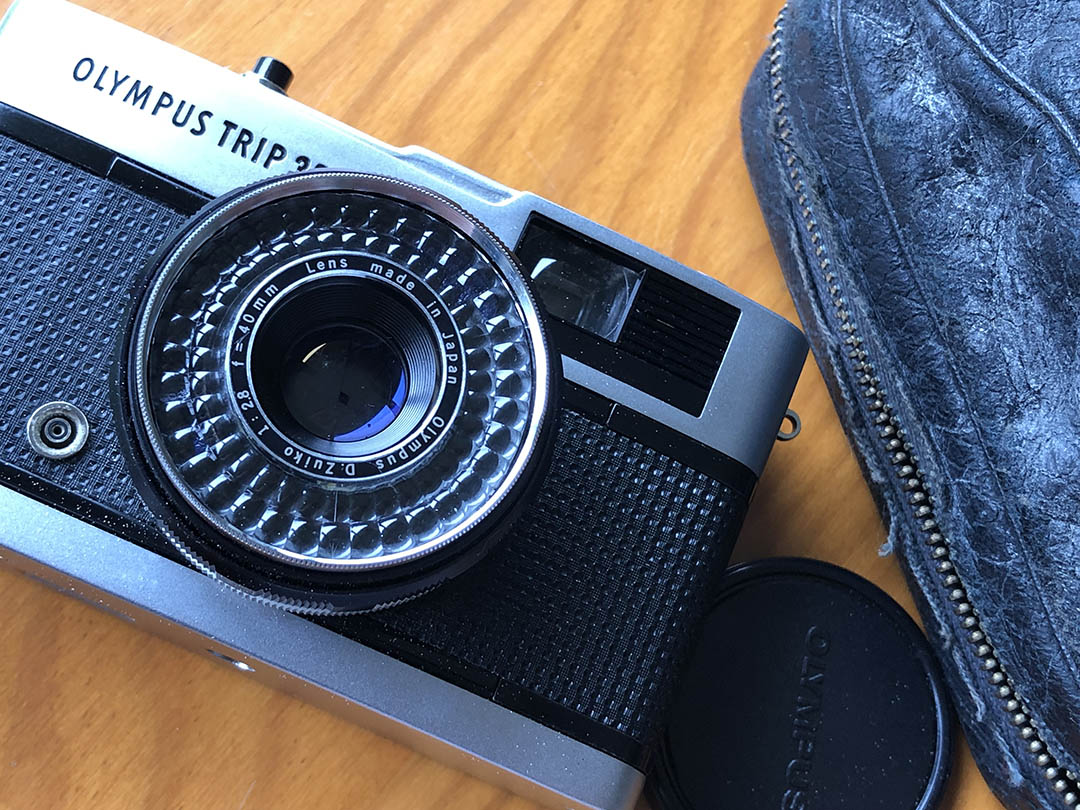
Do kids walk to school anymore? I started walking to school when I was 5, not by myself initially, my mother walked me, probably with
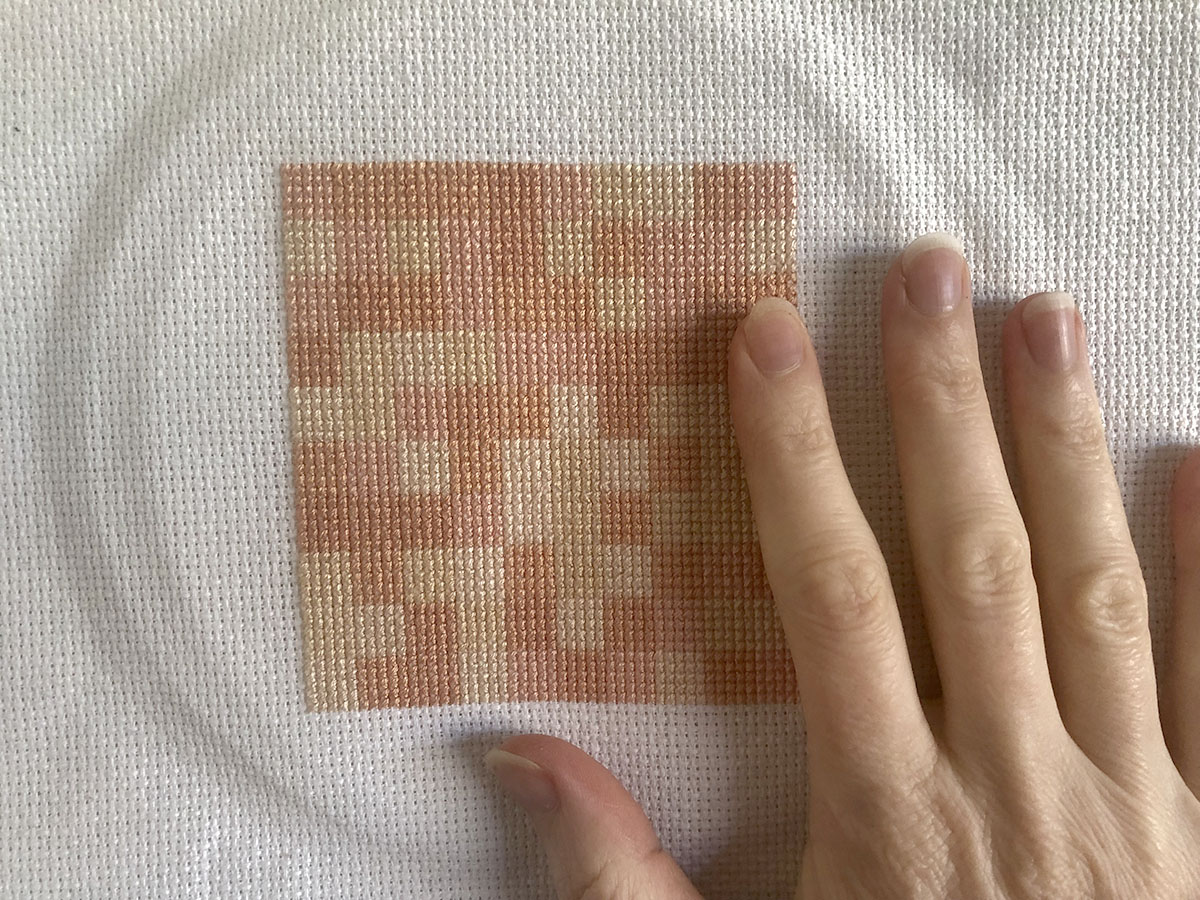
I’ve been experimenting with some textile work, in particular embroidery. And doing a little research into the history of samplers and found this gem of

When I was in London I would take a photo a day to document my time there, a visual journal of sorts. This was before
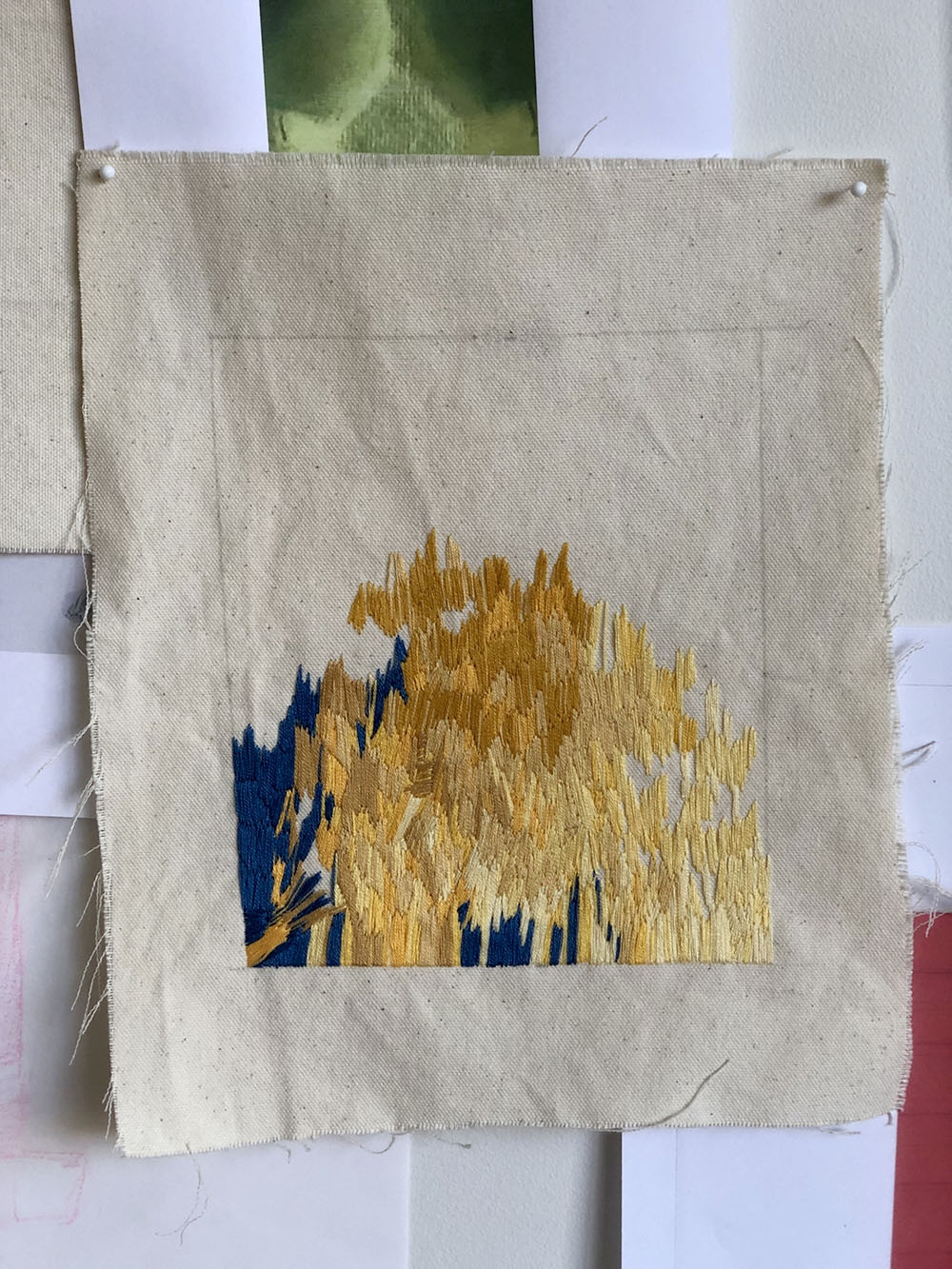
How COVID has affected the studio and new directions the work is taking.

What motivates us is the fight between being satisfied and frustrated. This might explain why we get out of bed or why we stay there for days on end.
Now more than ever motivations are considered sinister, and action without motivation, unviable. Satisfaction Frustration reasons with how we behave in the crossfire between too much and not enough.
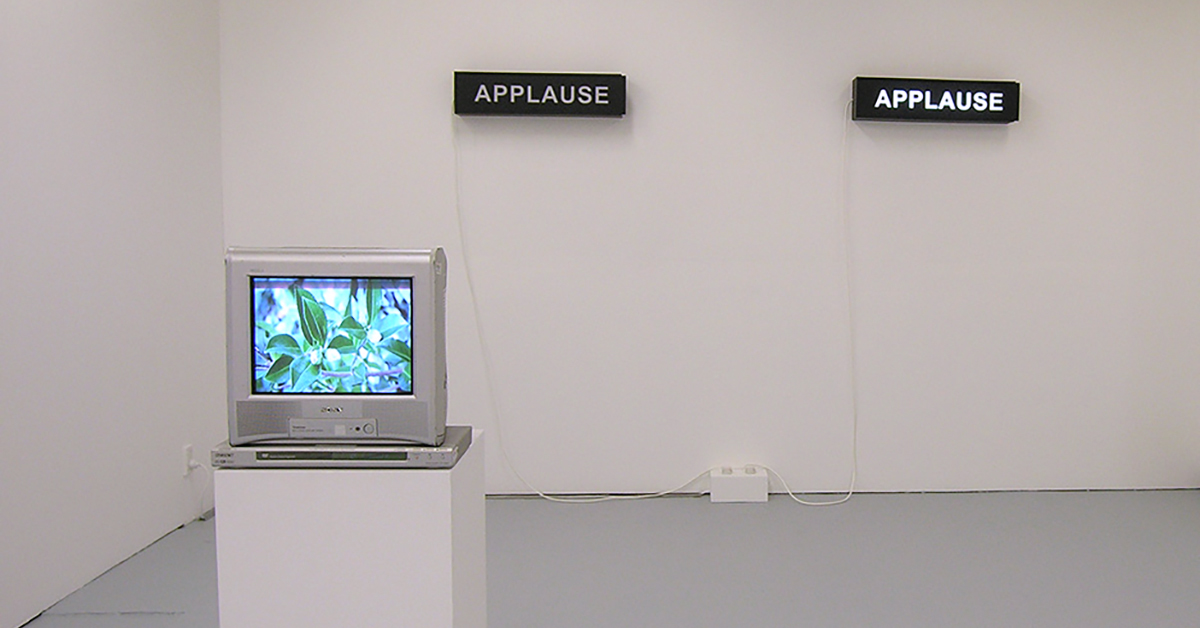
Is female subjectivity possible within a patriarchal system? The following discussion investigates feminist thought though equality, difference and androgyny, mapping the achievements, setbacks, advantages and disadvantages of each through the theories of Luce Irigaray, Jacques Derrida, Julia Kristeva and others.

Due to COVID 19 I have decided to defer the residency at NARS Foundation to 2022. Very sad about this however fingers crossed this COVID
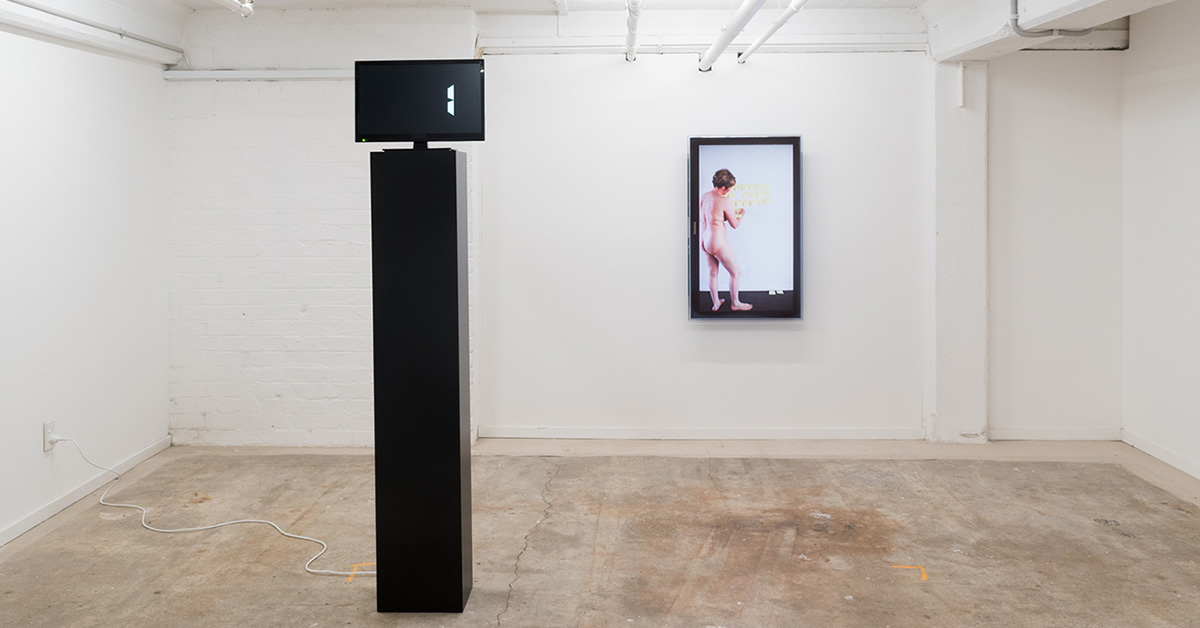
‘where our bodies hit the world’ is an attempt to conform to a standard and being found lacking. A performance evolved to control our bodies which only undermine the regulation. Resulting in performative photographic and video work around trauma, rage and resilience.